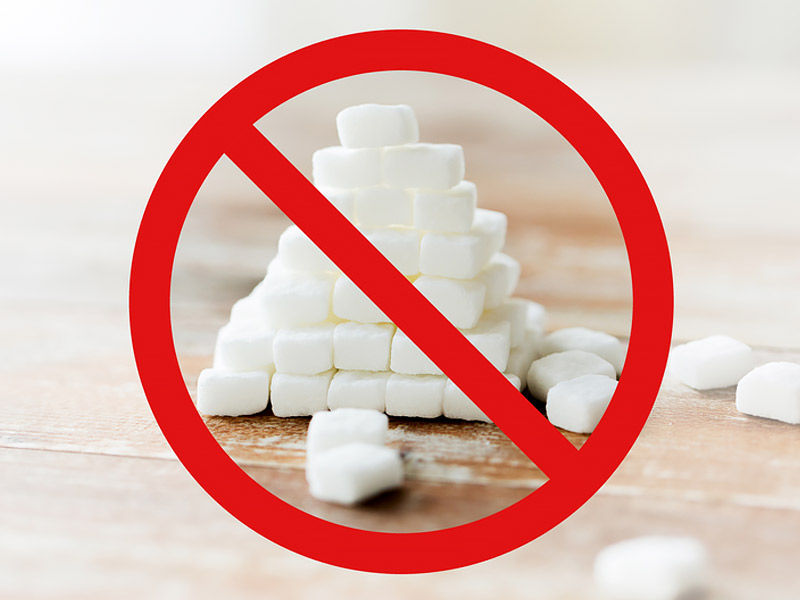In the human diet, sugar comes in two primary forms: added sugar and sugar that occurs naturally. You can eat sugar that is already in foods like fruit and milk or that has been added to processed, prepared, or other foods and beverages.

Making the decision to consume less added sugar is not simple. On the other hand, eliminating sugar may help with weight loss, heart and oral health, and other issues.
It’s also critical to understand that, despite the fact that sugar isn’t typically seen as a “healthy” meal, it may be consumed in moderation. Learn more by continuing to read.
Is It Healthful To Give Up All Sugar?
Although eliminating all added sugars would not be healthful, doing so in theory would be.
Eliminating sugar entirely may mean excluding certain nutritious food options from your diet. Sugar is a naturally occurring substance found in fruits, milk, and vegetables, but it can also be added to meals and beverages.
Aids in Weight Management
It is doubtful that consuming less added sugar than what is advised daily will result in weight gain. Nonetheless, studies have linked diets heavy in added sugar to obesity.
Specifically, diets with a lot of added sugar are associated with belly obesity. Belly fat, also referred to as visceral fat, envelops your internal organs. Chronic illnesses like diabetes and heart disease are linked to it.
Helps Regulate Your Blood Sugar
When the pancreas releases a lot of insulin to keep up with the excess sugar in your bloodstream, you develop insulin resistance. Type 2 diabetes and prediabetes may result from it. People who regularly drink beverages sweetened with sugar have a higher chance of acquiring type 2 diabetes, according to several studies.
Insulin sensitivity can be increased by eating a nutritious diet, exercising, and consuming less added sugar. Less insulin is needed by insulin-sensitive cells to absorb blood sugar. This can lower your chance of developing diabetes by regulating your blood sugar levels.
Promotes Heart Health
Heart disease and added sugars are related, both directly and indirectly. Increased levels of triglycerides, a form of blood fat, are linked to diets that contain more than 20% of their calories from added sugars. Increased risk of heart disease can be attributed to elevated triglycerides.
Reducing added sugar consumption can help maintain good blood pressure, cholesterol, and triglyceride levels even if you are already at a healthy weight. Also, it can lower your chance of developing heart disease.
Improves Your Oral Health
Dental cavities are caused by an acid that is produced when bacteria in your mouth break down sugar. This acid can erode the surface of your teeth. Gum disease can also be caused by an overabundance of germs, which can infect or inflame the gums.
Also read: 7 Exercises to Improve Your Back Posture
Lower the risk depression
Additionally, a number of research have indicated a connection between sugar-filled beverages and an increased risk of depression and depressed symptoms. Some research, however, has not discovered any connection between sugar consumption and the incidence of depression. To learn more about how sugar can impact your mood, more research is required.
good skin
Reducing your intake of added sugar may also help delay the aging process of your skin. Sugar and foods that have been grilled, fried, or roasted may have additional ingredients that interact with your skin’s collagen and elastic fibres.eighteen

























